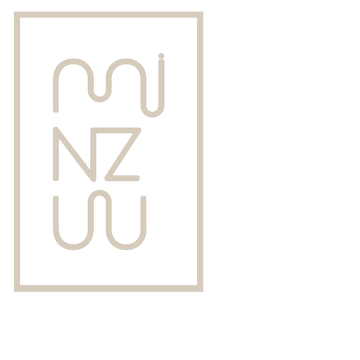Life in Displacement
The two day trek to the Tanzanian border took families through forests, rivers and across mountains lining the Tanzania/Burundi border.
“We knew the way through the small forest paths, because this is the third time we had to flee our homes to come to Tanzania. The biggest challenge for us was that we had to walk for two full days without having anything to eat.”



Once at the Tanzanian border, refugee families had their names registered before being taken to their tents in the Mtendeli refugee camp.
Life in the camp is hard. Our artisans live in overcrowded, fragile tents with their families. One of our artisans shares her two makeshift tents with her husband, her nine children, and six other children she took up from her neighbors who remained in Burundi – 17 people total living in two tents, sleeping on the floor on woven mats.



“During the storm two days ago, our tents were flooded with water because our trenches around the tent were not enough to carry the water away.”



There are almost no income opportunities within the camp. Outside the camp, it is illegal for refugees to work. To leave the camp, refugees need a special permit each time, which is often a hassle and can be denied. Given the population density and poor soil in the camp, our artisans say they are unable to grow any of their own food apart from a couple of maize plants between their tents.



Instead of growing food, refugees depend on a monthly food ration for the entire family provided by the World Food Program. These rations were later cut due to a shortage in funding and logistical problems. Ever since, refugees have only received about 60% of the recommended food quantities they require.
“Ever since rations were cut, the food provided by WFP (World Food Program) is not enough to feed my family.”



For water, refugees have access to several public taps in the camp which open for two hours in the morning and evening. Our artisans reported how challenging collecting water can be:
“So many people need water and you have to wait in long lines until it is your turn to collect. If you fail to get it in the morning, you try again in the evening. Sometimes, we go for two or three days without being able to fetch water from the tap. Sometimes even buying food doesn’t help you because you don’t have any water to cook it.”
As a result of these challenges, refugee families often send their children to the river outside the camp to collect water.



Yet, having witnessed many tragedies in Burundi and coping with the harsh conditions in the camp setting, our refugee artisans show a lot of resilience and will to improve their and their families’ lives in the camp through their weaving.



“Being part of the weaving group helps me have income to improve my family’s situation here. It also helps me deal with the difficult situation we are in – I have many friends in the group and we support each other with advice about resolving the struggles we are faced with.”



The weaving income is used mostly to buy food for the family to supplement the insufficient rations provided. In addition, incomes are used to buy clothes for kids, especially when the rainy season is starting. Many also save parts of their weaving income to invest in opening up their own small secondary businesses in the camp – having a small breakfast place or trading with essential food items like rice and beans bought in the host community market.






Words & Photos: WOMENCRAFT


